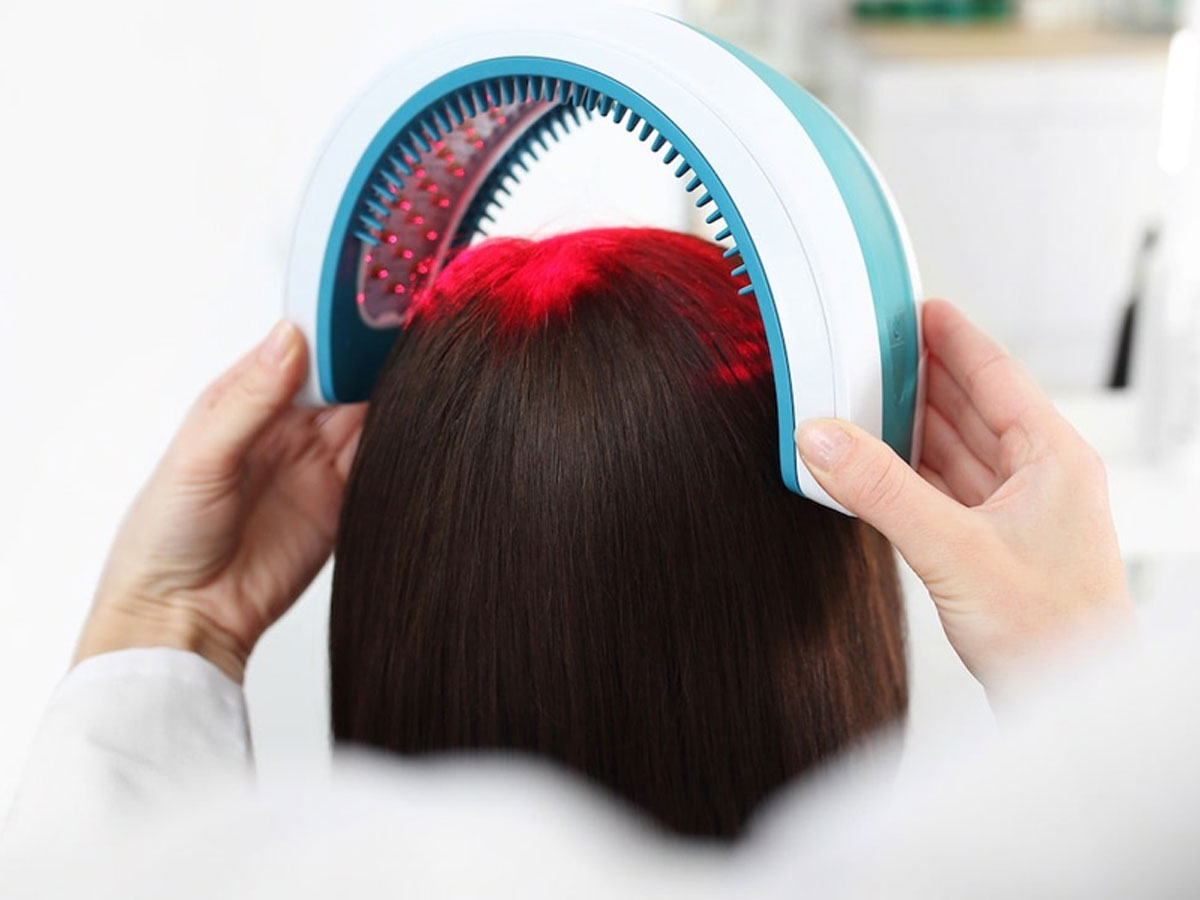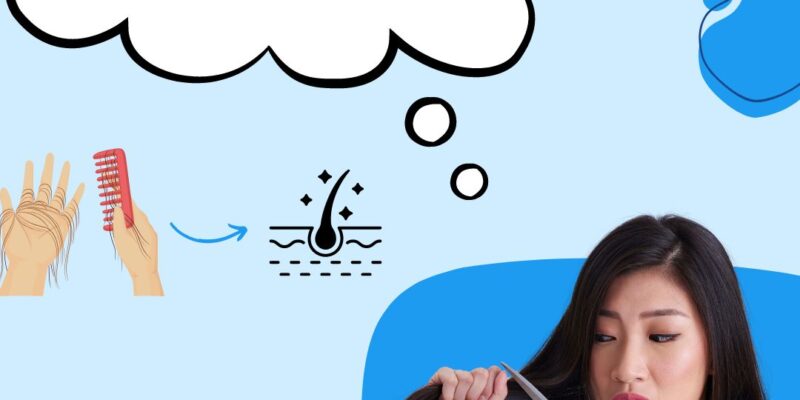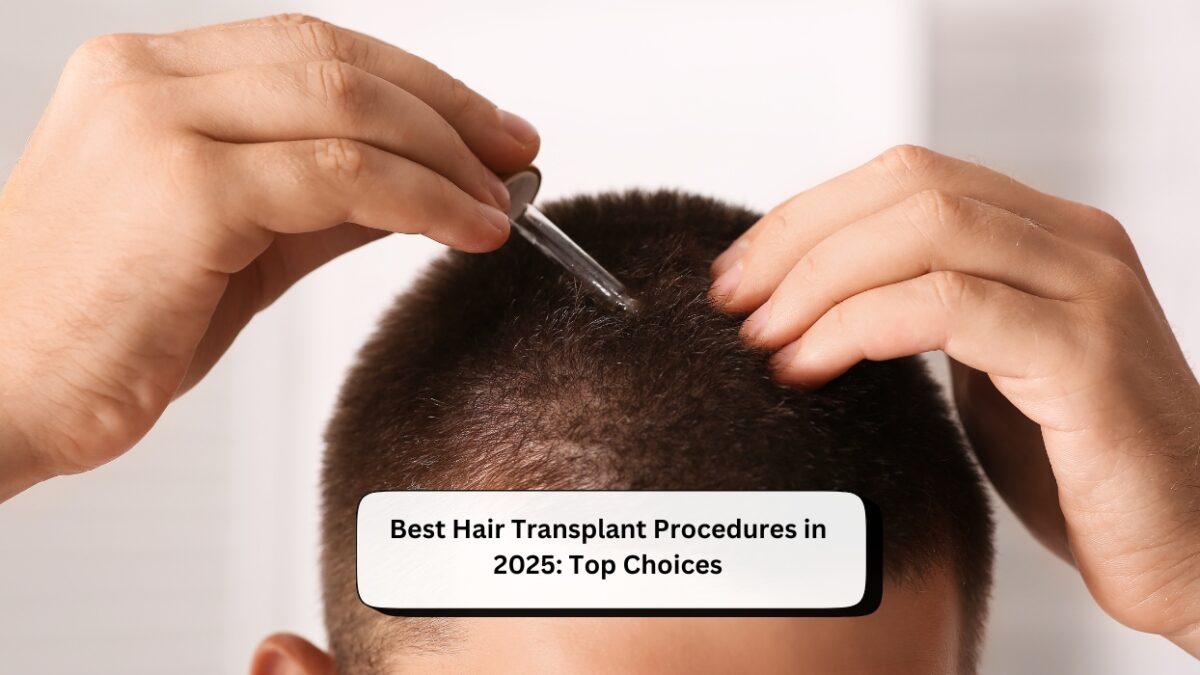Does short hair cut help in hair loss
Hair loss is a common concern that affects millions of people worldwide, regardless of age or gender. While there are various factors contributing to hair loss, from genetics to hormonal imbalances, many individuals seek solutions to slow down or reverse this process. One question that frequently arises is whether a short haircut can help mitigate hair loss. In this blog, we’ll explore the relationship between haircuts and hair loss and whether opting for a shorter style can make a difference.
Understanding Hair Loss
Before delving into the potential impact of a short haircut on hair loss, it’s crucial to understand the underlying causes of hair loss. Hair loss, also known as alopecia, can occur for a variety of reasons:
Genetics: Hereditary factors play a significant role in hair loss. If your family has a history of male or female pattern baldness, you may be more susceptible to it.
Hormonal Changes: Imbalances in hormones, such as those related to pregnancy, menopause, or thyroid disorders, can contribute to hair loss.
Medical Conditions: Certain medical conditions, like alopecia areata, scalp infections, and autoimmune diseases, can lead to hair loss.
Medications: Some medications, including those used for cancer treatment, can have hair loss as a side effect.
Stress and Lifestyle: Chronic stress, poor nutrition, and extreme dieting can impact hair health.
The Connection Between Haircuts and Hair Loss
A common misconception is that a shorter haircut can prevent or reverse hair loss. However, the length of your hair itself isn’t a direct factor in hair loss. Hair growth occurs at the follicle level beneath the scalp, and haircuts only affect the visible part of the hair shaft, not the root.
That said, there are ways in which a short haircut can indirectly help individuals dealing with hair loss:
Appearance of Fuller Hair: Shorter hair can create the illusion of thicker and fuller hair, which can boost confidence for those experiencing hair loss.
Reduced Stress on Hair: Longer hair tends to be heavier, putting more stress on the hair follicles. Cutting your hair shorter can alleviate this weight, potentially reducing the risk of additional hair loss due to mechanical stress.
Enhanced Scalp Health: Maintaining shorter hair can make it easier to keep your scalp clean and free from excess oil and debris, promoting a healthier environment for hair growth.
Easy Hair Care: Short hair often requires less maintenance, making it easier to manage and style, especially if you’re experiencing hair thinning.
Psychological Benefits: Feeling in control of your hair and appearance can have a positive impact on your overall well-being, helping to reduce stress-related hair loss.
It’s essential to remember that while a short haircut can offer these benefits, it won’t address the root causes of hair loss, such as genetics or hormonal imbalances. If you’re concerned about hair loss, it’s crucial to consult a healthcare professional or dermatologist who can diagnose the underlying issue and recommend appropriate treatments or interventions.
Other Hair Loss Management Strategies
While a short haircut can be a practical and confidence-boosting choice for some individuals dealing with hair loss, it’s essential to consider other strategies to manage and address hair loss effectively:
Medications: FDA-approved medications like minoxidil and finasteride have been shown to slow down hair loss and stimulate hair regrowth in some cases. Consult with a healthcare provider to discuss these options.
Laser Therapy: Low-level laser therapy (LLLT) devices, like laser combs and helmets, can help stimulate hair follicles and promote hair regrowth.

Hair Restoration Procedures: Surgical options like hair transplant surgery can provide a permanent solution for hair loss, particularly for those with advanced cases.
Lifestyle Changes: Adopting a healthy lifestyle, including a balanced diet, stress management, and regular exercise, can contribute to overall hair health.
Conclusion
While a short haircut may not directly prevent or reverse hair loss, it can offer several advantages, including the appearance of fuller hair and easier maintenance. However, it’s essential to understand that hair loss is a complex issue with multiple causes, and a short haircut is just one small part of a broader strategy for managing it.
If you’re concerned about hair loss, consult with a healthcare professional or dermatologist to determine the underlying cause and explore appropriate treatments or interventions. Remember that there are effective options available, and you don’t have to face hair loss alone.
If you are concerned about hair loss, talk to your doctor. They can help you determine the cause of your hair loss and recommend the best treatment options for you.
What's your reaction?
Excited
4
Happy
6
In Love
2
Not Sure
4
Silly
2










